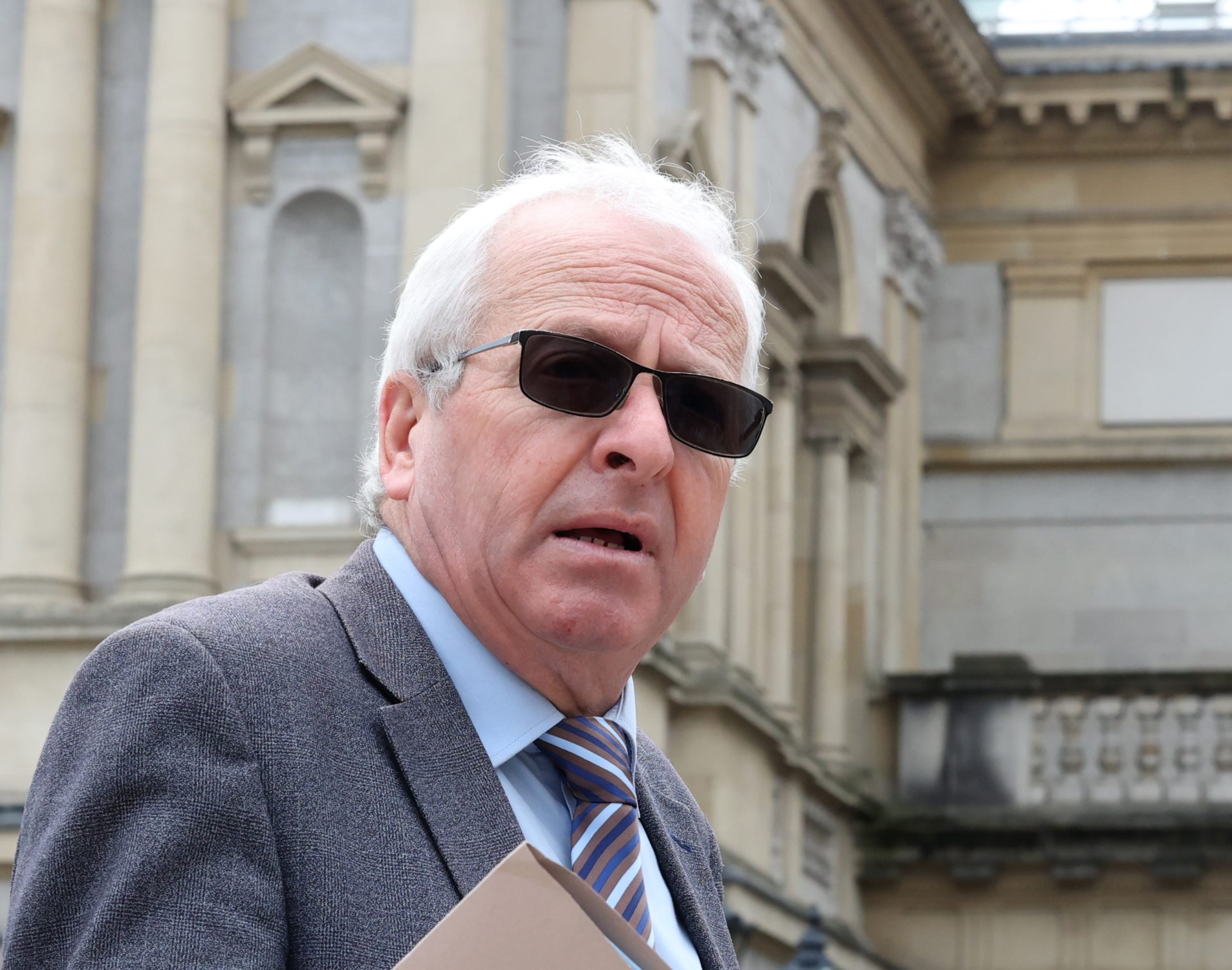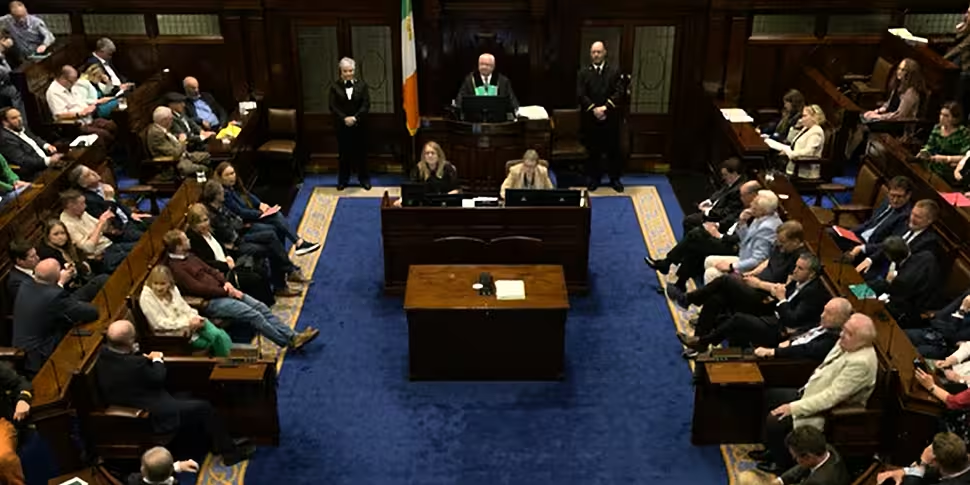Ireland has signed up to the EU Pact on Migration and Asylum.
The Dáil voted by a narrow margin to opt into the pact late on Wednesday which was carried by 79 votes to 72.
It will result in legally-binding processing times for International Protection applications.
It will also see a substantial increase in the number of staff processing applications, the building of new accommodation centres, enhanced border security and an increase in the collection of fingerprints.
Ireland will also have access to an improved IT system to carry out additional checks.
The Government says the EU Migration Pact also provides legal tools to return an applicant to the first member state where an International Protection application is lodged.
By opting into the pact, Ireland is committing to an overhaul of its International Protection system over the next two years.
The UN Refugee Agency UNHCR said it welcomes the Dáil vote and that the pact "can provide a framework for Ireland to ensure that those fleeing war or persecution can enter the country and receive protection as refugees in line with Ireland’s long tradition of upholding human rights."
UNHCR Ireland's Enda O'Neill said they will work with the Government.
"This decision marks an important step in making our asylum system more robust and effective and in identifying those who need to be protected as refugees in Ireland," he said.
"We look forward to supporting the authorities to establish an asylum system that works, both for those seeking refuge, and for Ireland."
'Relinquishing national sovereignty'
Independent TD Mattie McGrath expressed his disappointment at the passing of the EU Migration Pact.
"We witnessed the relinquishment of our national sovereignty to Brussels through a single Dáil vote by Fianna Fail, Fine Gael, and Green Party TDs," he said.
"This is a highly regrettable moment for our country, our hard-won democracy, and our national decision-making sovereignty.
"Scandalously handing over the power and authority to make immigration decisions to Brussels is a thundering disgrace."
 Independent Mattie McGrath speaking to reporters outside Leinster House, 26-4-22. Image: Sam Boal /Rollingnews.ie
Independent Mattie McGrath speaking to reporters outside Leinster House, 26-4-22. Image: Sam Boal /Rollingnews.ieDeputy McGrath claimed the change will have "significant implications for our local communities, our national interest and our taxpayers."
"To give away this power without any judicial scrutiny or consideration of the constitutional implications will go down in history.
"It will be seen as the biggest betrayal of the Irish people by any serving government," he added.
EU Migration Pact measures
Other measures in the pact include a harmonisation of reception conditions across member states including accommodation, subsistence provisions and access to the labour market.
The Government said these measures "will reduce incentives for asylum seekers to move from one member state to another" and reduce secondary movement.
The pact also establishes a new mechanism to ensure "the fair sharing of responsibility across the EU."
Ireland will decide annually how it wants to contribute based on capacity.
This may be in the form of relocations, financial contributions, offsetting against applicants not returned under takeback processes or a combination of these.
Based on current figures, Ireland’s 'fair share' amounts to 2.16% - which translates to 648 relocations per year or a financial contribution of €12.9m.









